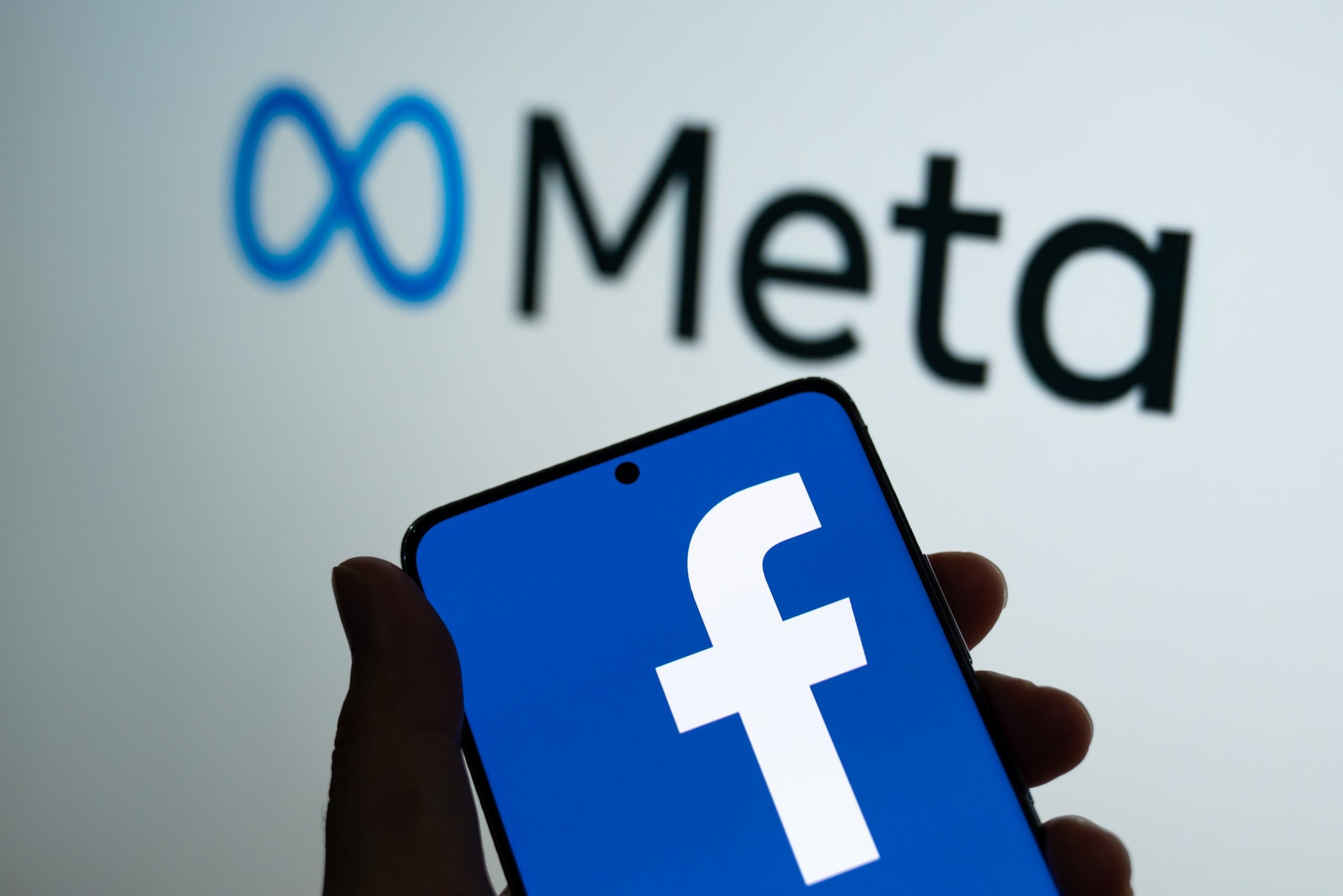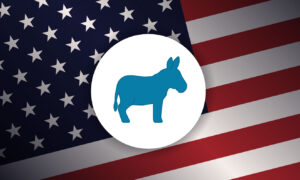The Scoop: Meta removes fact-checkers ahead of Trump’s return
Also: McDonald’s ends DEI programs as conservatives push for changes; Washington Post, HuffPo each announce layoffs.

Meta will end its third-party fact-checking to “restore free expression” on its social platforms.
In the coming months, the parent company of Facebook, Instagram and Threads will introduce a “Community Notes” system similar to what X uses.
“We’ve reached a point where it’s just too many mistakes, and too much censorship,” Meta CEO Mark Zuckerberg said Tuesday.
Zuckerberg described the recent elections as a “cultural tipping point.” He went on to criticize third-party fact-checkers, calling them “politically biased” as a whole and doing harm to public trust.
The changes are the latest effort by Meta to make peace with President-elect Donald Trump before he returns to the White House. Meta named Republican insider Joel Kaplan as the head of its global policy team and Facebook added UFC CEO Dana White, a Trump ally, to its board.
“Honestly, I think they’ve come a long way — Meta, Facebook, I think they’ve come a long way,” Trump said on Tuesday.
While Trump may be happy, many social media experts and watchdogs aren’t.
“Meta’s already having a hard time dealing with bad content as it is, and it’s going to get even worse,” Valerie Wirtschafter, a Brookings Institution fellow, told Time.
Why it matters: Meta’s sudden reversal on fact-checking signals a precarious time ahead for brands on social media. The removal of these factual safeguards will likely pose risks to maintaining brand integrity.
The changes may mark a return to the situation in 2016 when Facebook struggled with misinformation and disinformation related to the presidential election. That could also put brands at risk, with no outside source to step in and say when a company is being dragged through the mud.
Putting fact-checking in the hands of users makes truth a group activity – and one where it’s often difficult to find consensus. Brands may find themselves having to decide when to step in more often themselves – and when to stay silent.
Beyond the loosening of content moderation, Meta is changing rules about what users can post. There are plans to remove some restrictions on posting about certain topics, such as immigration and the LGBTQ+ community, deemed “out of touch with mainstream discourse,” according to Zuckerberg.
The new policy allows users to share “allegations of mental illness or abnormality based on gender or sexual orientation, given political and religious discourse about transgenderism and homosexuality.”
It’s clear that Meta is governed by whichever way the political and cultural winds seem to blow. When it though it could profit by banning Trump or moderating hate speech, it did so. When that changed, so did the policy. It’s capitalism, pure and simple.
The Wall Street Journal reported that several major ad buyers said they won’t end up cutting spending on Meta in the short term as its ads offer a return on investment that’s “too good to pass up.” Meta also benefits from having a client roster with many small businesses that don’t tend to care as much about national controversies as major brands, per the report.
But that could change if users don’t agree with the policy updates. In recent months we’ve seen people pivot from X in favor of platforms like upstart Bluesky. It’s possible the policy adjustments and Zuckerberg’s cozying up with Trump could alienate some users. One IG user wrote that they were likely leaving IG because “its CEO lost any semblance of a moral compass.”
These changes aren’t going to take place overnight, but social teams should brace for the impact now.
Above all, double down on social listening. Ensure you know when the first whispers of a problem appear on Meta platforms so you can decide whether or not to step in with your own community note.
Editor’s Top Reads
- McDonald’s has become the latest major company to reduce its diversity and inclusion goals, citing the 2023 U.S. Supreme Court ruling against affirmative action in college admissions, though coming 18 months after that decision. This move follows broad conservative backlash against DEI policies, with companies like John Deere and Harley-Davidson facing similar pressure. McDonald’s will no longer set specific diversity targets for senior leadership, pause supplier diversity training and end participation in “external surveys,” which likely refers to the Human Rights Campaign’s LGBTQ+ workplace inclusion survey. But despite the pivot, McDonald’s letter to employees dedicates nearly 900 of 1,033 words to its “commitment to inclusion,” saying that “inclusion is one of our core values” and that the company is “shaped by the communities we serve.” But despite all these words, the actions tell a different story. As an employee or a customer, it might be difficult to see how these steps reflect a genuine commitment to inclusion. Ultimately, brands can use all the words and glossy promotions they want to claim what they stand for, but actions will always speak louder than words.
- The Washington Post and Huffington Post both announced on Tuesday that they would be laying off dozens of staff members. The Post cut about 100 jobs, mainly in its business section, while HuffPost plans to let go of 30 editorial staff. The changes are another reminder of the stark state of media landscape but also a general lack of trust in many of our trusted institutions. Some of the Washington Post’s financial troubles came about as a result of owner Jeff Bezos’s controversial decision to block a Kamala Harris endorsement, which damaged credibility and resulted in the cancelation of more than 250,000 digital subscriptions. With the loss these jobs, it’s more important for PR professionals to identify or created trusted messengers.
- A person in Louisiana has become the first U.S. resident to die from bird flu While most of the 66 confirmed U.S. cases since March have been mild and involved farm workers, the global threat of bird flu remains serious. The death in Louisiana signals to PR teams that it’s time to update pandemic plans. While bird flu may not feel like an immediate threat, this is precisely when to prepare. For many, COVID-19’s fears, uncertainty, and stress are still fresh. Misinformation and lack of preparation fueled much of that. But now we’ve been through a pandemic once. It may be time to dust off and update those 2020 documents. God forbid the unexpected happen. Again.
Casey Weldon is a reporter for PR Daily. Follow him on LinkedIn.







